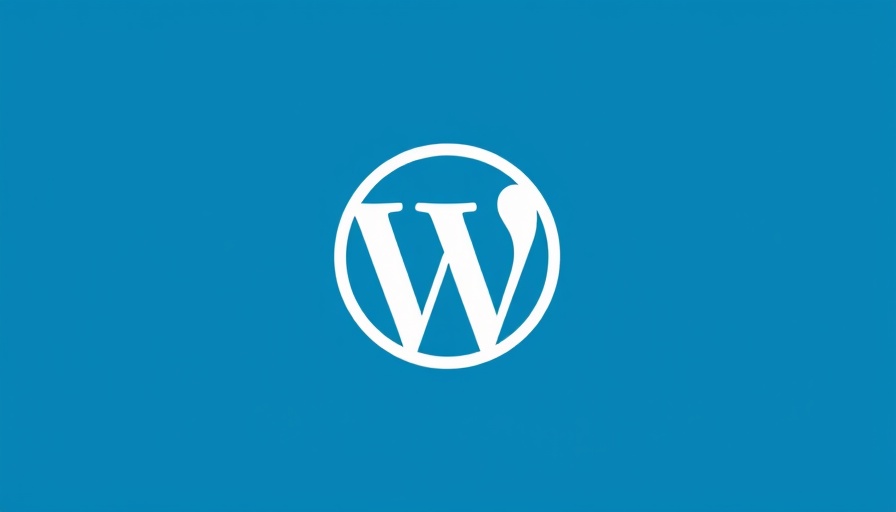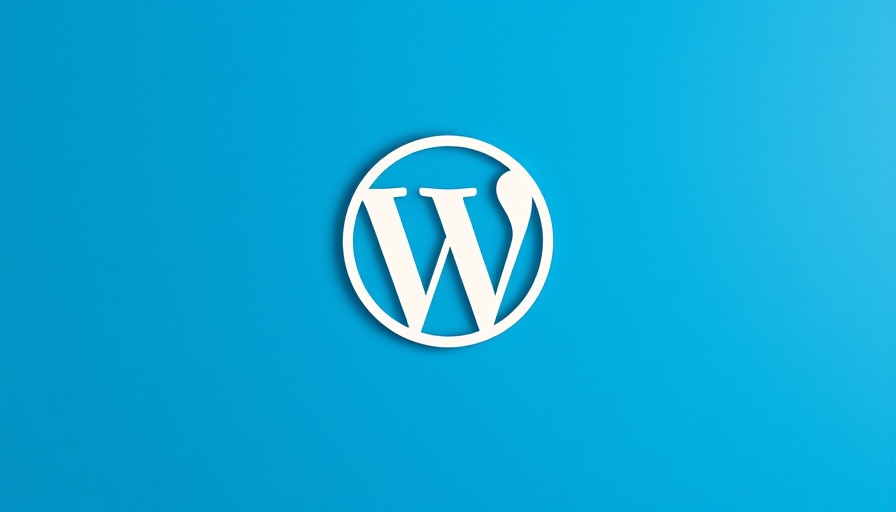
Understanding PHP 8.3 Improvements
The proposal to remove the "beta support" label from PHP 8.3 for WordPress 6.8 marks a significant step in optimizing the WordPress ecosystem. PHP 8.3 introduces numerous enhancements that can lead to better performance and security, which are key concerns for developers and site administrators alike.
Technical Upgrades Worth Noting
Among the various updates in PHP 8.3, notable features include attributes for enums and supporting readonly properties. These features not only simplify coding for developers but also enhance the overall performance of WordPress sites. With improvements in processing speed, developers can expect a more responsive user experience, thus increasing satisfaction and engagement among site visitors.
The Value of Stability for Developers
For developers, the transition to a stable release without the beta label is vital. Relying on a beta version introduces unpredictability in development cycles. When embracing the stable PHP 8.3 version, developers can focus on creating without the underlying worry of deprecated functionalities or functionalities that may not be supported in the future.
Potential Risks of Delaying the Update
Delaying the removal of the beta status could potentially hinder progress within the WordPress community. Developers might hesitate to adopt features if they fear future changes or disruptions. Greater adoption of PHP 8.3 has the potential to enhance plugin development as well as theme modifications, ultimately leading to a healthier ecosystem.
Collaborative Decision-Making for Community Growth
The decision to propose removing the beta support label is rooted in community feedback and discussions. Participation in core development meetings every Wednesday at 15:00 UTC is encouraged, offering a platform for contributors to voice their opinions and concerns. Community involvement in these decisions helps ensure that changes reflect the needs of developers.
Performance Insights from PHP 8.3
With a focus on performance, PHP 8.3 promises to provide optimizations that correspond with current web standards. Server optimization, caching strategies, and overall performance testing show that utilizing the latest PHP version could significantly impact loading times and resource usage, benefiting both users and developers in the long run.
What Comes Next for WordPress and PHP?
The future looks bright with PHP 8.3. As WordPress continues to evolve, staying updated with mainstream programming advancements will play an essential role. WordPress developers should remain informed on upcoming releases and enhancements, ensuring their skills and knowledge align with the direction of this powerful platform.
As we look to the future, it's imperative to embrace this change and participate actively in the WordPress community. Engaging in discussions, contributing to development, and adopting new technologies not only foster personal and professional growth but also advance the entire WordPress ecosystem.
For those interested in contributing or learning more, join the core development meetings, and stay tuned for updates as WordPress evolves in conjunction with PHP development.
 Add Row
Add Row  Add
Add 




 Add Row
Add Row  Add
Add 

Write A Comment